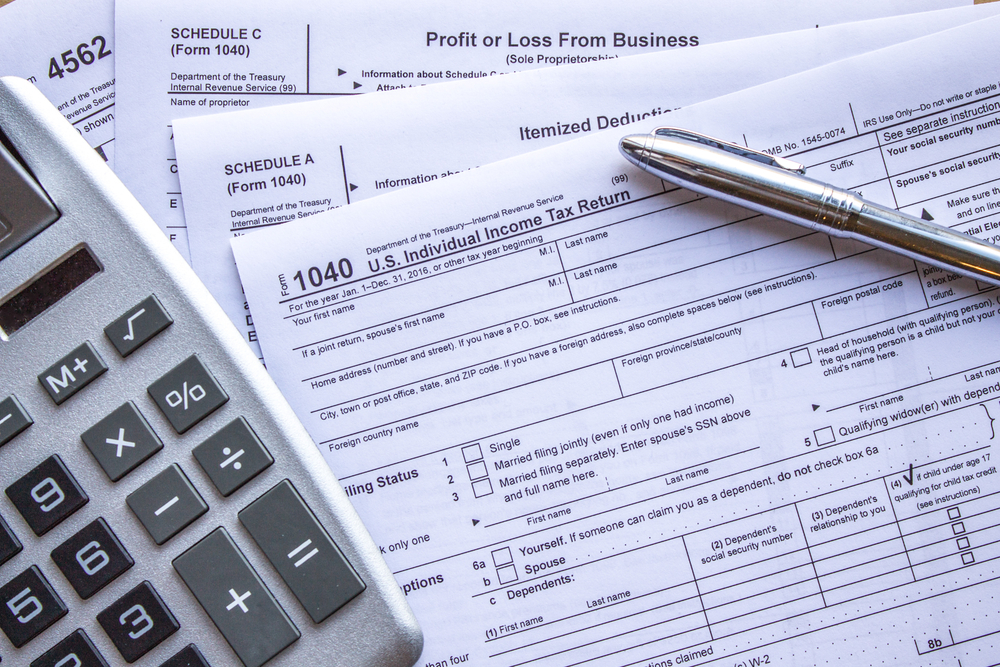
Here in Cedar City, UT, there are plenty of people who donate plasma for a little extra income and think nothing about how it may impact their taxes. You may have even been told by tax preparer from one of the big box tax return companies that your plasma donation wasn’t considered taxable income. However, that may not be the case.
Rather than trusting a random tax preparer—who likely doesn’t have the education and experience to answer tough tax questions, your local Cedar City accountant is here to help with your plasma donation questions.
Your Plasma Donation May Be Taxable
First, we should address the reasons why many people believe that their plasma donation earnings are tax-exempt.
It’s a donation, and you don’t tax donations. Calling it a plasma donation is something of a misnomer, as you generally aren’t compensated monetarily when you donate. When goods or services are sold, and you earn income, what you call that process doesn’t matter as much—you need to still follow the law.
You can’t pay taxes on a bodily fluid or body part. This reason often floats into a discussion on whether or not plasma donations are taxable income. But let’s look at this a little differently. Say you donated your eggs or were a paid surrogate for someone.
While that was a very kind thing to do, both of these things come with compensation pay thousands of dollars, all of which are counted as taxable income. While plasma donation is on a smaller scale, it falls into the same category of bodily fluid/body part usage for monetary gain is taxable.
I didn’t receive a Form 1099-MISC, so I don’t have to pay taxes. Companies should send independent contractors 1099-MISC to assist with filing their tax returns. While not all plasma centers will send out a 1099-MISC, this lack on their part does not exempt you from paying your taxes. Instead, you will need to list your plasma donation earnings on Line 21 of your Schedule 1 Form 1040, or you can have our accountant help you with your tax preparations.
Also, the issue of paying taxes on plasma donation compensation has gone to trial before in the landmark case United States v. Garber. While the defendant Dorothy Garber was directly contracted and paid by companies for her plasma—due to the rare Rh antibodies in her plasma—the fact that she did not pay taxes and was found guilty of tax evasion can set a precedent.
With the precedent that plasma donation payments are taxable, you don’t want to be found on the wrong side of IRS tax law.
Pitfalls Of The Side Hustle Economy
Generally, most people make plasma donations to earn a little extra money each week to help supplement their main income. Having multiple side hustles is becoming more common, from providing freelance services, driving for rideshare companies, and donating plasma. Problem is, engaging in multiple side gigs can make your taxes far trickier.
When it comes to your plasma donation, you may be able to simply input your earnings on Line 21 and call it good. However, depending on how much you have earned, that may not be enough. As the United States allows for twice a week donations that can range from $30 to $50 a donation, you might rack up quite a bit if you are a regular plasma donator.
For an example of how your earnings can stack up, let’s say that your local plasma donation center pays $30 per donation, and you donate twice a week. So, that’s $60 a week. In one month, you can earn an extra $240. If you donate every week for all 52 weeks of the year, you can earn $3,120 from plasma donation alone.
These numbers are actually a little low for a regular plasma donator, as many plasma centers pay extra when you regularly donate, and sometimes have a special coupon rate for more money. However, that can leave you in a tough spot when it comes to your taxes.
When you make more than $400 from your side hustle, that income is considered self-employment income, and you will need to file a Schedule SE. There are also Medicare and Social Security taxes you will need to pay on self-employment income. So, if you are even a semi-regular plasma donator, you likely need to pay self-employment taxes.
Work With AA Tax & Accounting Services On Your 2019 Tax Return
As you can see, your plasma donations may make your tax return trickier to file properly. Rather than be audited by the IRS and have to pay penalties, you can have peace of mind when working with a trusted accountant who has the experience to help you navigate the complexities of taxes.
To work with our accountant on your 2019 tax return, feel free to contact us and set up your appointment. That way, this year, you can feel completely confident when it comes to your tax return.












